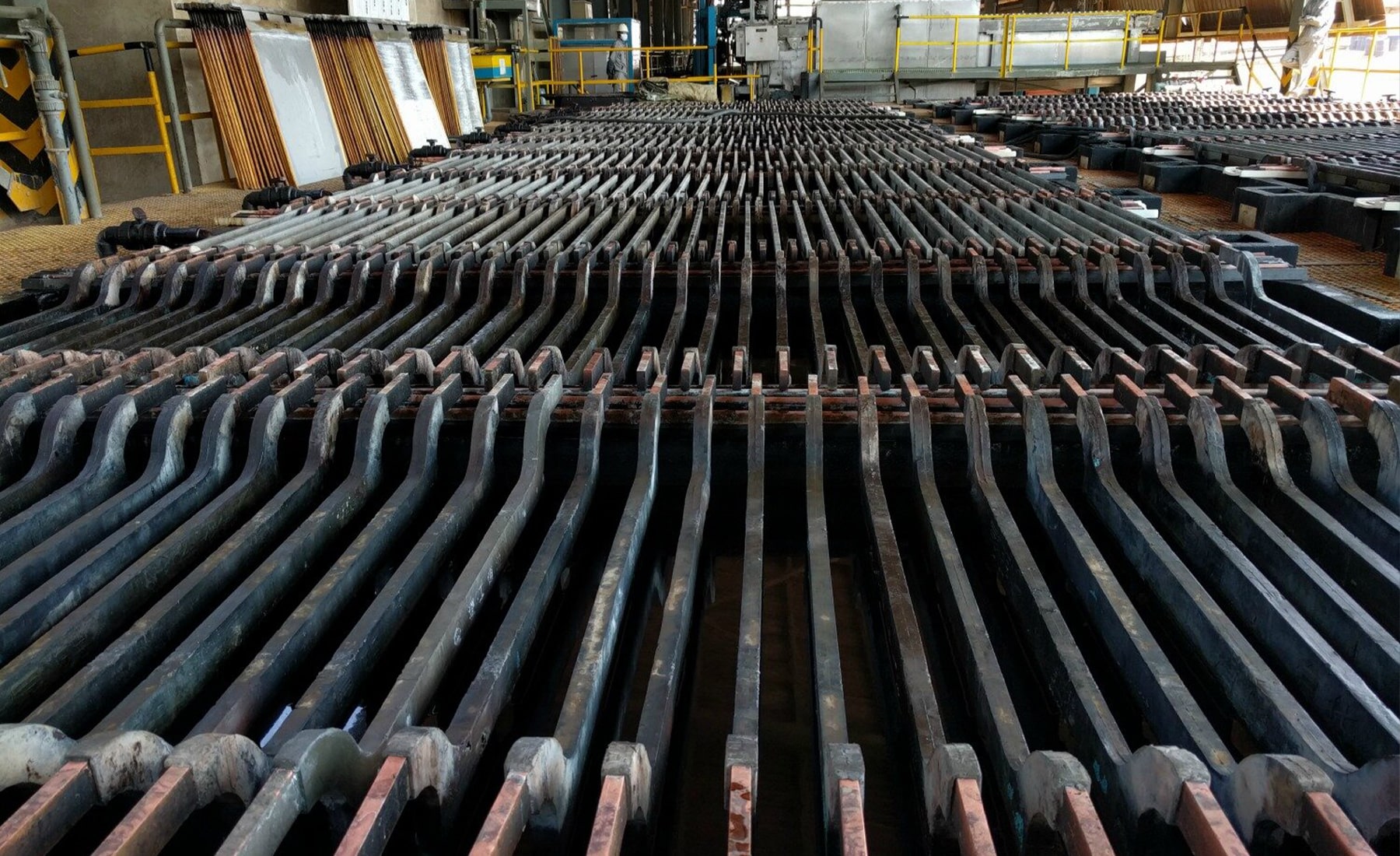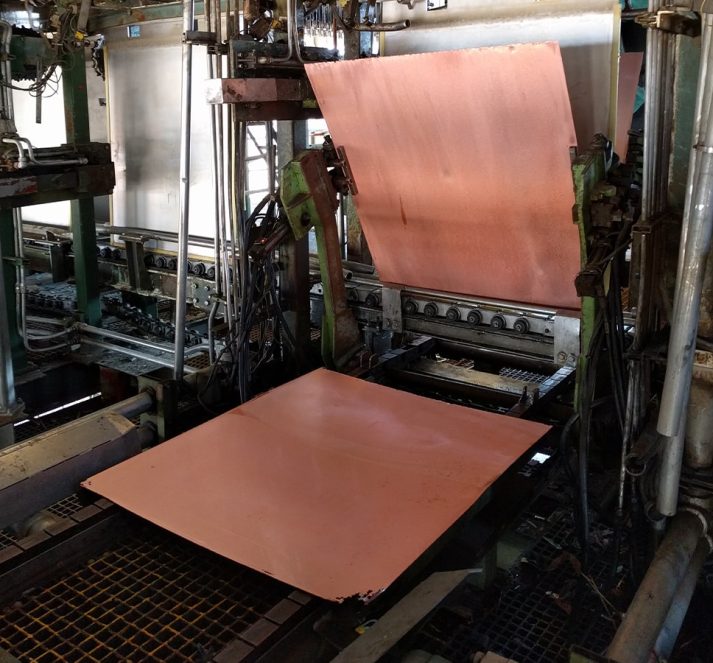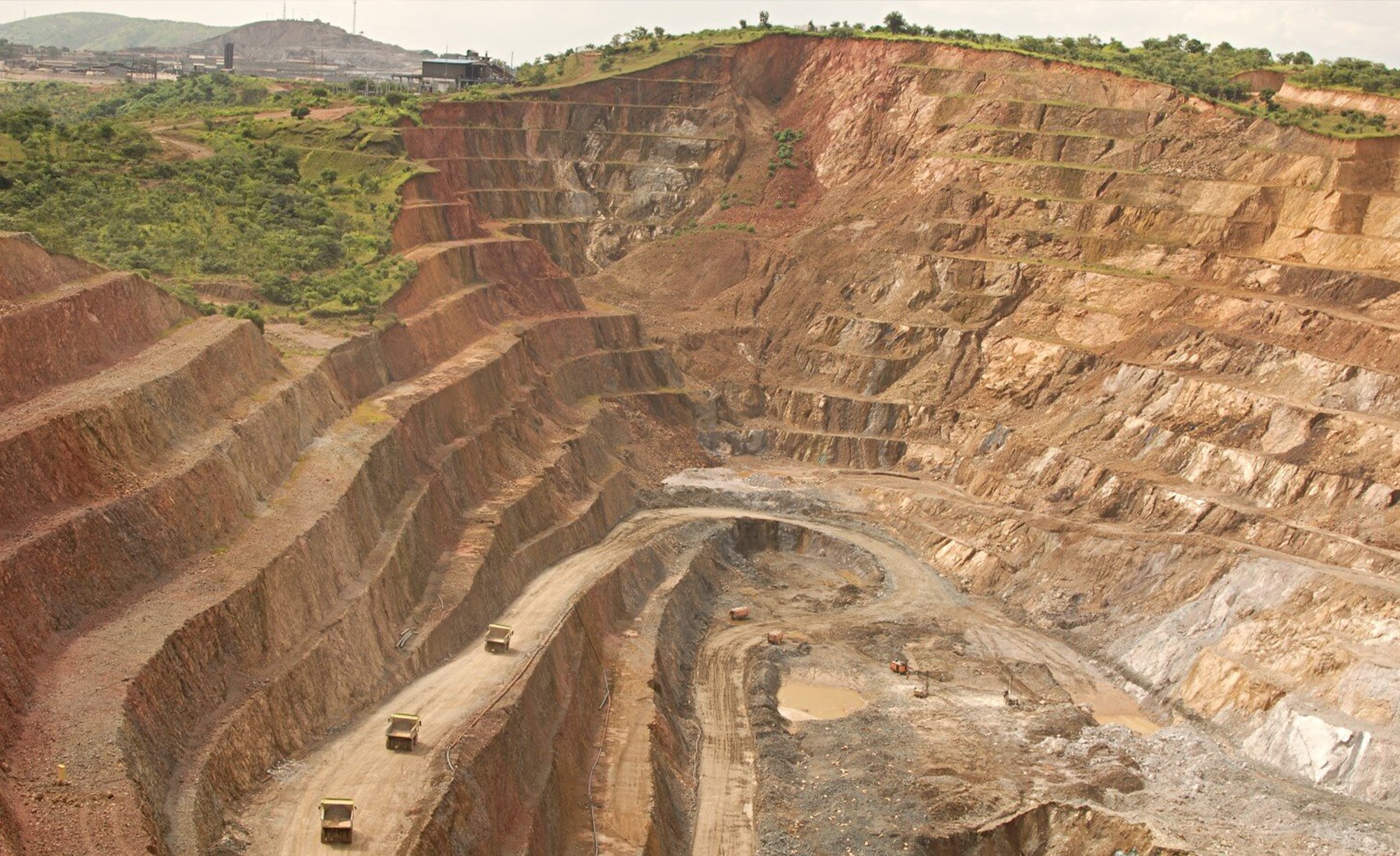CASE STUDIES
International RBC Agreement Metals Sector: strengthening due diligence

International RBC Agreement Metals Sector: strengthening due diligence
Kumi’s supply chain due diligence team was commissioned by the Working Group on Due Diligence of International RBC Agreement for the Metals Sector (the Metals Agreement) to review assessment criteria and determine conformance thresholds for its Maturity Assessment Tool.
The International RBC Agreements are multi-stakeholder initiatives between businesses, government, unions and NGOs. The aim of the Agreements is to develop long-term strategies and collective approaches that tackle complex sector-specific problems within three to five years after an International RBC Agreement has been signed. For the Metals Sector Agreement, this specifically means addressing human rights risks and environmental risks. Agreements have also been signed in the banking, garments and textiles, food products, gold and floriculture sectors, amongst others. The independent Secretariat of the Metals Agreement is hosted by the Social and Economic Council of the Netherlands.

Setting the standards for supply chain due diligence
Participant companies in the Metals Sector Agreement must submit a completed Maturity Assessment Tool (MAT) to the Secretariat for review on an annual basis. The MAT is a self-assessment questionnaire for companies to determine their level of implementation of due diligence and their progress herein. This MAT is based on OECD’s Due Diligence Guidance for Responsible Business Conduct and its Due Diligence Guidance for Responsible Supply Chains of Minerals from Conflict-Affected and High-Risk Areas.
Kumi supported the Working Group on Due Diligence to:
- Determine the types of thresholds a company had to reach to identify if a company was compliant, partially compliant or not compliant with the requirements established by the MAT along with examples of evidence that would demonstrate meeting these thresholds.
- Understand how the OECD Minerals Guidance requirements could be interpreted and more effectively integrated into the MAT.
- Re-draft or re-develop questions included in the MAT to ensure they were applicable to companies in the sector.
Kumi’s work used to determine alignment to OECD due diligence expectations
The companies of the Metals Sector Agreement will be submitting their completed MATs for review by the independent Secretariat for the second time next year and Kumi’s work will be used by the assessors in this process as they rate each company’s approaches to responsible business conduct.
For all stakeholders, this initial assessment and benchmarking of companies will offer an understanding of how aligned companies are to the implementation of OECD due diligence, will help to determine company targets for the next year, and will support all parties of the Agreement to identify opportunities to coordinate to address complex challenges in the sector.
“Kumi Consulting developed an assessment framework that is objective, practicable and of a sound quality. The framework will assist companies in understanding what is expected from them in the OECD Guidelines. It also serves as a source of guidance for the independent secretariat.”
Independent Secretariat of the International RBC Agreement for the Metals Sector


